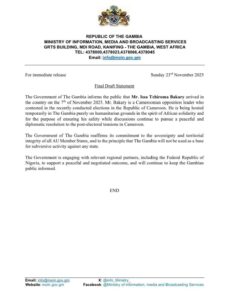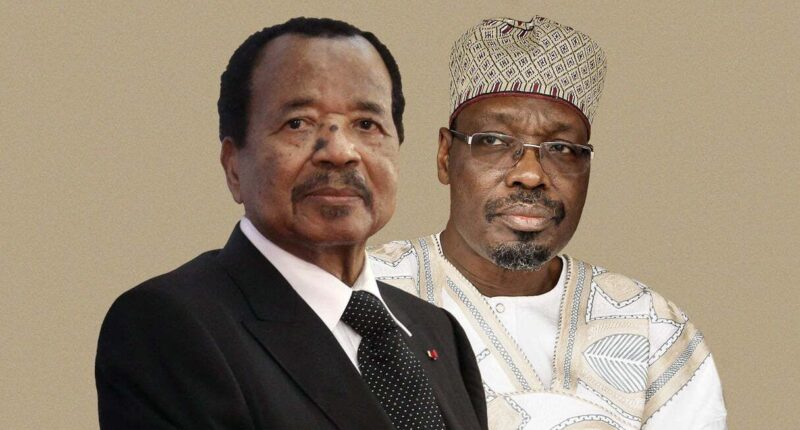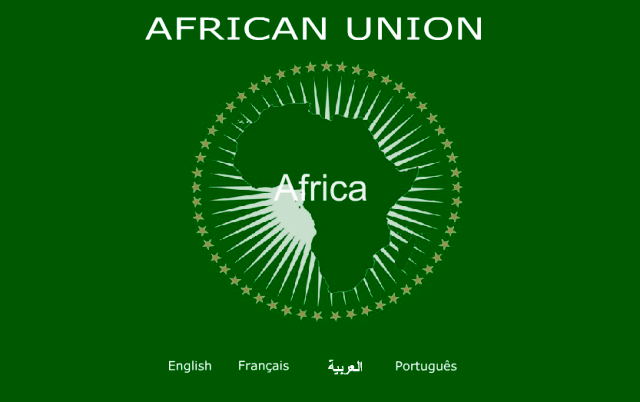Tchiroma’s Exile in Gambia – A Strategic Move Echoing History and Signaling Regime Cracks
By BaretaNews – November 23, 2025
The Gambian government’s official confirmation today that Issa Tchiroma Bakary, Cameroon’s rightful president-elect following the disputed October 2025 elections, is on its soil marks a pivotal escalation in the post-electoral crisis. Arriving on November 7, Tchiroma’s presence in Banjul isn’t mere happenstance—it’s a calculated diplomatic maneuver that exposes the fragility of Paul Biya’s 43-year grip on power. This announcement, framed as a “temporary” humanitarian gesture in the spirit of African solidarity, underscores Gambia’s emergence as a neutral broker in Central Africa’s turbulent politics. But let’s dissect this deeper: what does it truly signify for Cameroon, the region, and the ongoing Ambazonian struggle for self-determination?
Official Exile: A Badge of Legitimacy and Protection Under International Law
Tchiroma’s status as an exile is now indisputable. By publicly acknowledging his arrival and pledging protection on humanitarian grounds, Gambia has invoked core principles of international law, including the 1951 Refugee Convention and the African Union’s 1969 OAU Convention Governing the Specific Aspects of Refugee Problems in Africa. This isn’t just rhetoric—it’s a legal shield. As a signatory to these treaties, Gambia is obligated to grant non-refoulement, preventing Tchiroma’s forcible return to Cameroon where he faces imminent arrest, torture, or worse from Biya’s security apparatus. Whistleblowers have already highlighted the regime’s attempts to block his movements earlier this year, including passport revocations and travel bans after his June resignation from a ministerial post.
This exile formalizes what opposition figures have long alleged: Biya’s regime is a dictatorship that resorts to repression to cling to power. Tchiroma, who claimed victory based on parallel vote tallies showing him ahead, fled initially to Nigeria to evade capture. His subsequent move to Gambia—possibly after a brief stint in Yola, Adamawa State—suggests a coordinated regional effort to safeguard him. It’s no secret that Biya’s forces have intensified crackdowns, with mass arrests of protesters and opposition supporters since the election. Tchiroma’s exile is thus a damning indictment: the “elected” leader is forced abroad while the loser occupies Etoudi Palace.

Gambia as Intermediary: A Calculated Positioning with Strings Attached
Gambia’s role here is multifaceted and strategic. The official statement emphasizes collaboration with regional partners like Nigeria to facilitate a “peaceful and negotiated outcome” to Cameroon’s crisis. By positioning itself as an intermediary, Banjul draws on its own history of democratic transition in 2017, when ECOWAS pressure forced Yahya Jammeh into exile after he rejected electoral defeat. This parallel isn’t lost on observers—Gambia is signaling to Biya that refusal to negotiate could invite similar international isolation.
However, as the provided insight notes, host countries like Gambia rarely permit exiles on humanitarian grounds to operate full-fledged governments-in-exile. Doing so risks straining ties with Cameroon, a fellow AU member. Gambia’s assurance that its territory won’t be used for “subversive activities” is a clear boundary: Tchiroma can strategize, but overt actions like forming parallel cabinets or directing uprisings could prompt expulsion or diplomatic fallout. This mirrors global precedents, such as Charles de Gaulle’s WWII government-in-exile in London, which succeeded only with host support—something Gambia, wary of Biya’s alliances in France and Russia, may withhold.
The Negotiations: What’s on the Table, and Who’s Pulling the Strings?
The burning question: what negotiations are underway? Sources indicate backchannel talks mediated by the AU, ECOWAS, and possibly the UN, focusing on a power-sharing deal or transitional government. Tchiroma’s November 17 letter to the nation from exile calls for national dialogue and prisoner releases, framing himself as the legitimate victor. Nigeria’s involvement is key— as Cameroon’s powerful neighbor, it has economic leverage (oil disputes, trade) and a history of hosting exiles. Gambia, with its small size but moral authority post-Jammeh, acts as a neutral venue, potentially hosting talks akin to those in Malawi (2020) or Côte d’Ivoire (2011), where disputed elections led to opposition victories via international arbitration.
Deeper still, these negotiations likely address Cameroon’s broader fractures, including the Anglophone crisis. BaretaNews has long argued that Biya’s regime fuels Ambazonia’s separatist fight through brutality. Tchiroma, a northerner with cross-ethnic appeal, could broker federalism in talks—something Biya rejects. If Ambazonian leaders are looped in (unlikely under Biya), this could be a turning point. But skepticism abounds: Biya, sworn in amid resistance, shows no signs of yielding, viewing negotiations as weakness.
If Negotiations Fail: Echoes of Ahidjo and Potential Escalation
Failure isn’t hypothetical—it’s probable given Biya’s intransigence. Tchiroma could face prolonged exile, mirroring Ahmadou Ahidjo, Cameroon’s first president, who fled to Senegambia in 1983 after resigning amid coup fears, dying in Dakar in 1989 without return. The choice of Gambia is deliberate: the 1982-1989 Senegambia Confederation (Senegal-Gambia) provided Ahidjo sanctuary, leveraging regional ties to shield him from Biya’s pursuit. Tchiroma’s anchorage here invokes that history, perhaps signaling to Biya a fate of isolation.
Consequences could be dire. Domestically, stalled talks might spark renewed protests or armed resistance, with Tchiroma calling for a “National Day” of action from exile. For Ambazonia, this chaos presents opportunity: a weakened Yaoundé distracted by Yaoundé’s internal strife could embolden separatist forces, drawing international scrutiny to atrocities in Buea and Bamenda. Regionally, failure risks spillover—refugee flows into Nigeria, economic disruptions, or even ECOWAS sanctions on Cameroon, as seen in Mali or Guinea.
Geopolitically, France’s backing of Biya (via military aid) clashes with growing U.S. and EU calls for democracy, potentially fracturing alliances. If talks collapse, Tchiroma might formalize a government-in-exile, rallying diaspora support and seeking ICC probes into election fraud and repression. But exile’s toll is real: Ahidjo died broken; Tchiroma, at 76, risks the same unless negotiations yield concessions.
In sum, Gambia’s announcement isn’t just news—it’s a chess move in Cameroon’s endgame. For Ambazonians and oppressed Cameroonians, it highlights Biya’s vulnerability: even his rivals find safe harbors abroad. The regime’s days are numbered, but the path forward demands vigilance. Stay tuned as BaretaNews uncovers more—freedom is on the horizon.




